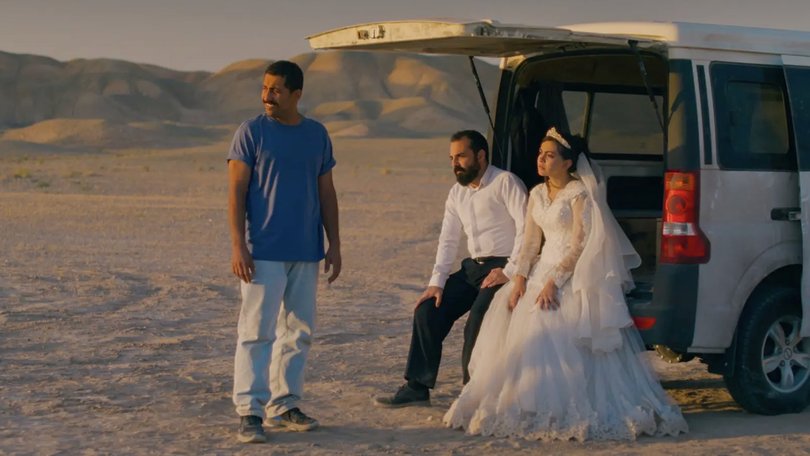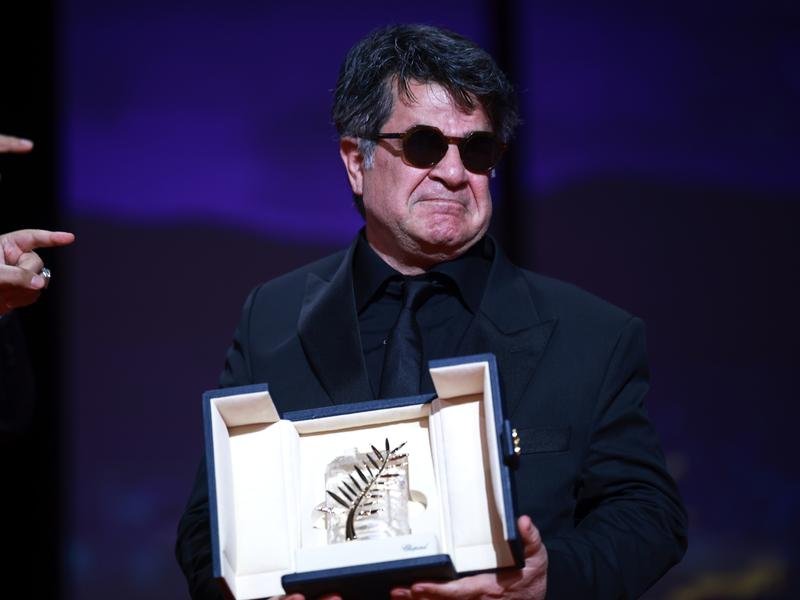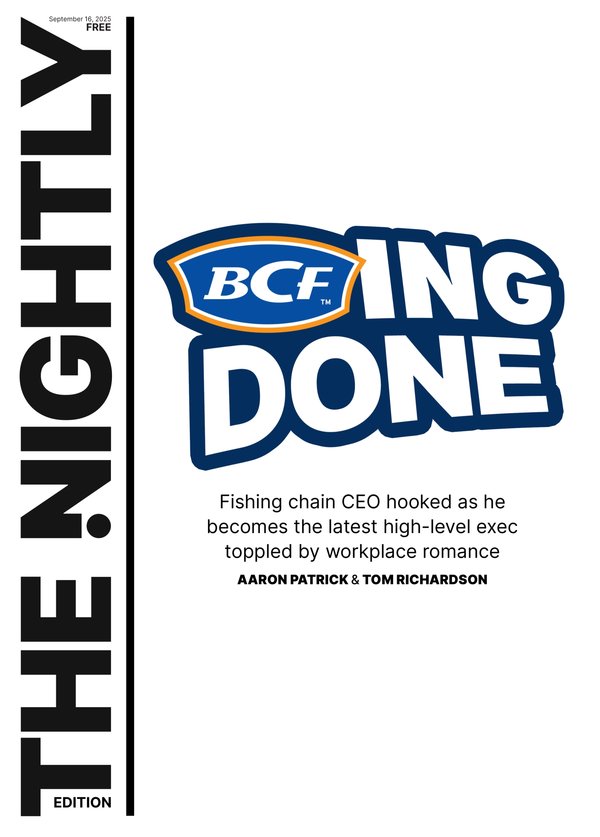Cannes Palme d’Or winner Jafar Panahi was inspired by his stint as a political prisoner

Iranian filmmaker Jafar Panahi has a long history with the Cannes Film Festival. In 1995, his debut feature, The White Balloon, won the Camera d’Or, the prestigious prize awarded to a first-time director.
Yesterday, he won the festival’s top honours, the Palme d’Or, for his film, It Was Just An Accident.
The film, which will also screen at the Sydney Film Festival next month, alongside a Panahi retrospective, tells the story of a broken down car, a mechanic and five people who think they’ve come face-to-face with a man who tortured them in prison. In the film, women do not wear a hijab, defying the law.
Sign up to The Nightly's newsletters.
Get the first look at the digital newspaper, curated daily stories and breaking headlines delivered to your inbox.
By continuing you agree to our Terms and Privacy Policy.It is an avowedly political film and, in theory, it shouldn’t exist. It’s a minor miracle that it does, and that Panahi was present to hear the eight-minute standing ovation at its premiere and to then collect the Palme d’Or from jury president Juliette Binoche.
In the 30 years between his Cannes prizes, Panahi has had a dramatic career as a filmmaker in one of the most repressive regimes on Earth. As an artist, he has been persecuted, arrested, imprisoned and banned from his work and international travel by the Iranian government.
That he was able to journey to the south of France was because a travel ban imposed on him in 2010 had recently been lifted. Panahi was invited to serve on a Cannes jury in 2010 but his chair sat empty, a potent symbol of his absence.

Instead, he sent a message from where he was, in a cell inside the notorious Evin Prison in Tehran, where he proclaimed his innocence of the charges against him, that he had been making a film about the 2009 disputed election which reinstalled Mahmoud Ahmadinejad.
He was released on bail after two months but would be damned with a six-year suspended sentence as well as a 20-year travel and filmmaking ban.
When he was selected to be on the 2011 Berlin Film Festival jury, he also couldn’t attend. Another empty chair.
He told The Guardian, “The fear of being arrested is constant. Any moment, the authorities can come and stop everything that’s happening in your life. That said, once you learn to work in secret, you become more clever than they are.
“Some of my colleagues have had problems. They tried to make clandestine films and had all their material confiscated. But by reducing the cast and crew – and by taking various precautions that, of course, I can’t share with you – we were able to complete almost all of the film.”
Officially, filmmakers in Iran cannot work without obtaining a permit for each production, which are subject to extremely strict dictates from the Iranian government. Panahi and many of his peers do it under the radar.
Last year at Cannes, fellow Iranian director Mohammad Rasoulof presented his official competition entry, The Seed of the Sacred Fig, after fleeing his home and crossing the border under the cover of darkness. He shot his film by pretending it was a student movie and he was never present on set. He is now a political refugee in Germany.
Panahi made his documentary, This is Not a Film, while under house arrest and smuggled it out of Iran on a USB stick to premiere at Cannes in 2011. Contrary to popular myth, it wasn’t hidden inside a baked cake. He merely handed it to someone who was going abroad.
His 2013 movie Closed Curtain, which won a Silver Bear in Berlin, was filmed in his summer house behind, literally, closed curtains.
That earlier imprisonment would not be his last. In 2022, when he enquired about the arrest of Rasoulof, a friend, he was arrested by the authorities. He spent another six months in Evin and was only released after he started a hunger strike.
After his release, the country’s supreme court actually quashed his original 2010 conviction, which is how the travel ban was lifted.
It was this second stint behind bars that germinated the idea for It Was Just An Accident. While his first imprisonment was in solitary consignment, this time, he had been placed in a large cell with other political prisoners.
Their stories formed the foundation of this now Palme d’Or-winning It Was Just An Accident.
At the premiere, he confessed to having mixed feelings. “Today, I’m here with you, I receive this joy, but I feel the same emotion. How can I rejoice?,” he said.
“How can I be free while in Iran, there are still so many of the greatest directors and actresses of Iranian cinema, who, because they participated in and supported the demonstrators during the Femme Liberte movement, are today prevented from working?”
It Was Just An Accident is playing at the Sydney Film Festival and will be released later in the year in Australia through Madman

